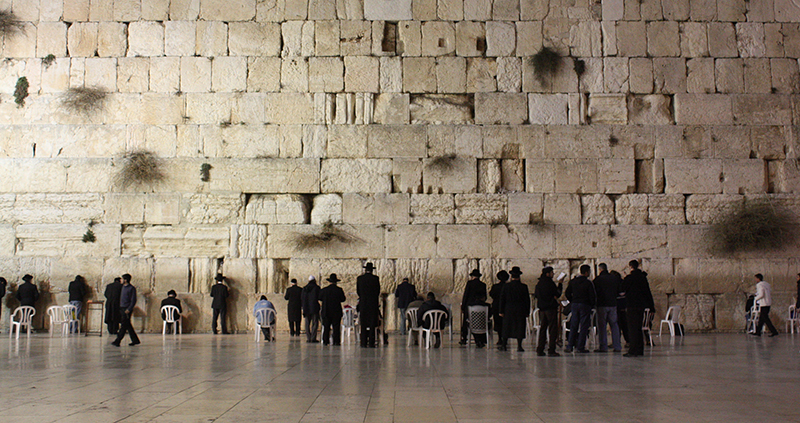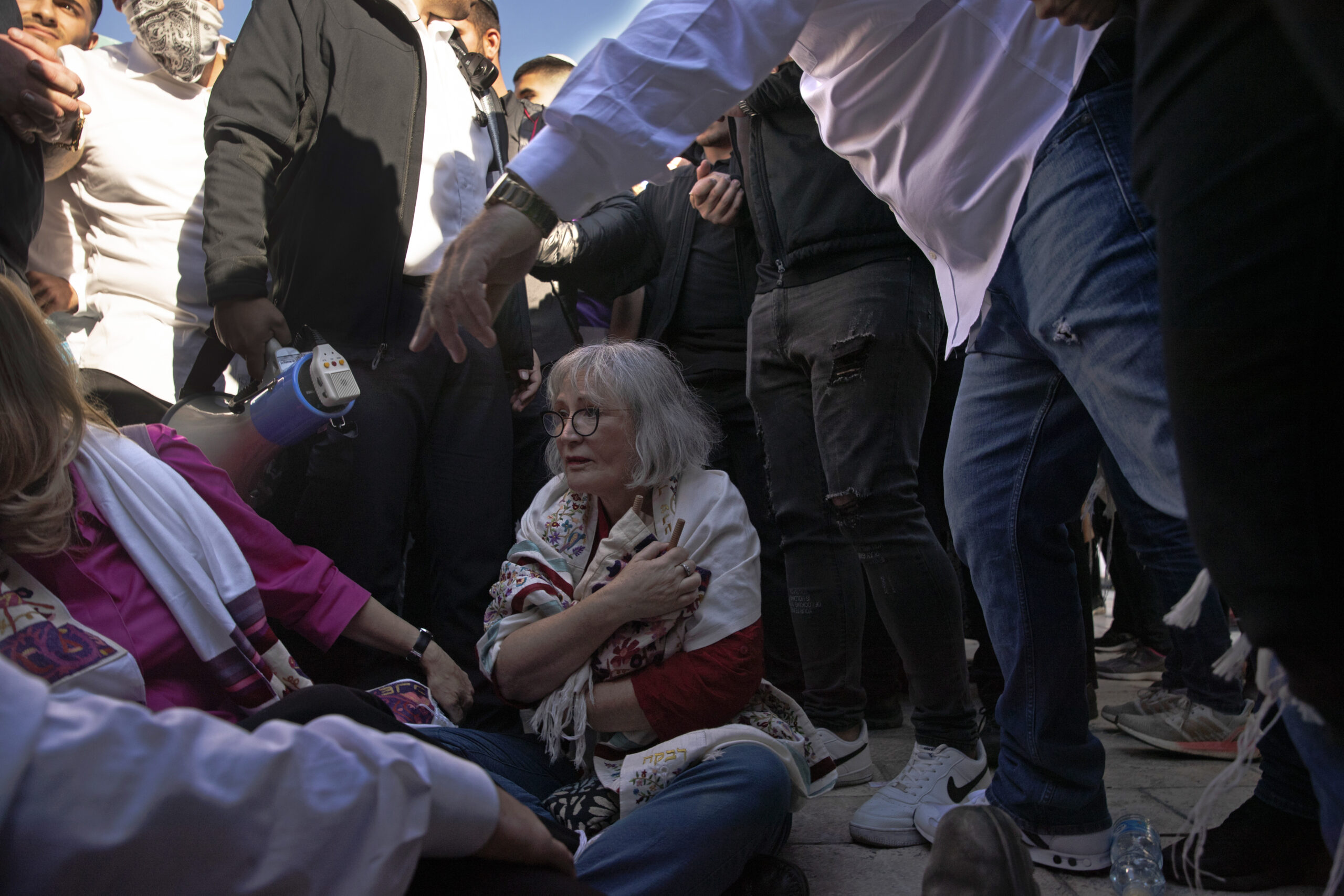US Jewish movements ‘outraged’ by Israeli PM’s decision to quash Western Wall deal
The prime minister said members of his right-wing Yamina Party opposed the plan, which would expand the current mixed-gender section of the Western Wall and create a joint management committee with leaders of the Conservative and Reform movements.

(RNS) — The two largest Jewish religious movements in the United States expressed outrage at news that Israel’s prime minister was reneging on an agreement to create a mixed-gender prayer space at the Western Wall, Judaism’s holiest site, known in Hebrew as the “Kotel.”
In an interview with The Jerusalem Post last week, Israel’s Prime Minister, Naftali Bennett, said his government would not be able to implement the plan inked by his predecessor, Benjamin Netanyahu.
Bennett said members of his right-wing Yamina Party opposed the plan, which would expand the current egalitarian section of the Western Wall and create a joint management committee with leaders of the Conservative and Reform movements.
The Orthodox Rabbinate in Israel now controls access to the site, which is divided into separate men’s and women’s prayer spaces. Women, however, are not allowed to read from a Torah scroll at the site, in line with traditional Orthodox practice.
The U.S. Jewish movements, which have granted women equal rights for decades, have long sought to be recognized in Israel alongside the Orthodox establishment.
“The Conservative/Masorti movement organizations feel betrayed by Israeli Prime Minister Naftali Bennett’s government’s ongoing refusal to implement the 2017 Kotel Agreement,” wrote Conservative leaders in a statement.
RELATED: Future of prayer site in doubt under Israel’s fragile government
In an interview with RNS, Rabbi Jacob Blumenthal, CEO of the movement’s rabbinical assembly and congregational arm, added that the Conservative movement was “profoundly disappointed” in Bennett’s decision.
“The government has bowed to religious extremists and threats of violence instead of taking up a leadership position on behalf of the entire Jewish people around the world,” Blumenthal said.
Rabbi Rick Jacobs, president of the Union for Reform Judaism, the largest Jewish organization in the U.S., was equally blunt.
“There has been an aggressive public campaign by the ultra-Orthodox to demonize Reform and Conservative Jews and misrepresent the Kotel agreement,” he wrote. “Giving in to this pressure will exacerbate divisions in Israel, risks intensifying the alienation of Diaspora non-Orthodox Jews and will only embolden and empower those anti-democratic, anti-religious equality forces — both in their antagonistic vitriol and actions against non-Orthodox Jews and in their use of such pressure tactics to pursue other alterations in the coalition’s decisions.”
The two movements consider the current space — a raised platform that does not allow visitors to approach the wall — substandard. The agreement called for a larger mixed-gender space at an archeological site south of the prayer site controlled by the rabbinate.
The so-called “Kotel agreement” was approved by the previous Israeli government six years ago. In 2017, then-Prime Minister Netanyahu scuttled the agreement under pressure from his Orthodox Party coalition members. Those Orthodox parties are not members of today’s governing coalition, but several members of right-leaning parties have also refused to sanction the agreement.

A member of the Women of the Wall clutches a Torah scroll, as she is surrounded by Israeli security forces holding back protesters at the Western Wall, the holiest site where Jews can pray, in the Old City of Jerusalem, Friday, Nov. 5, 2021. Thousands of ultra-Orthodox Jews gathered at the site to protest against the Jewish women’s group that holds monthly prayers there in a long-running campaign for gender equality at the site. (AP Photo/Maya Alleruzzo)
For years the wall has been the site of sometimes violent clashes between Women of the Wall, a liberal Jewish group that wants the right to pray at the wall — including reading from the Torah and conducting services — and Orthodox men who have attempted to block them.
Both the Reform and Conservative seminaries require rabbinical students to spend an academic year studying in Israel.
The Western Wall is the last intact retaining wall that surrounded the second Jerusalem Temple, which was destroyed in the year 70 A.D. when the Romans reclaimed Jerusalem.
RELATED: Israeli police protect women’s prayer group from ultra-Orthodox protesters
No comments:
Post a Comment